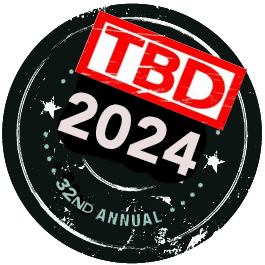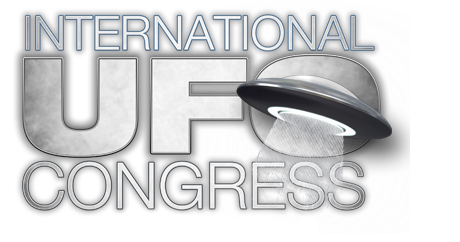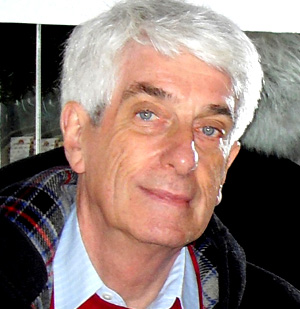

 Bio: Dr. Jacques F. Vallee serves as a General Partner of Euro-America Ventures, a Silicon Valley group that invests in North America and Europe, primarily in high-technology. He was born in France, where he received a B.S. in mathematics at the Sorbonne and an M.S. in astrophysics at Lille University. Coming to the U.S. as an astronomer at the University of Texas, where he co-developed the first computer-based map of Mars for NASA, Jacques later moved to Northwestern University where he received his Ph.D. in computer science. He went on to work at SRI International and the Institute for the Future, where he directed the project to build the world’s first network-based groupware system as a Principal Investigator on Arpanet, the prototype for the Internet.
Bio: Dr. Jacques F. Vallee serves as a General Partner of Euro-America Ventures, a Silicon Valley group that invests in North America and Europe, primarily in high-technology. He was born in France, where he received a B.S. in mathematics at the Sorbonne and an M.S. in astrophysics at Lille University. Coming to the U.S. as an astronomer at the University of Texas, where he co-developed the first computer-based map of Mars for NASA, Jacques later moved to Northwestern University where he received his Ph.D. in computer science. He went on to work at SRI International and the Institute for the Future, where he directed the project to build the world’s first network-based groupware system as a Principal Investigator on Arpanet, the prototype for the Internet.
A venture capitalist with Euro-America since 1987, Jacques Vallee has spearheaded early-stage investments in over 60 high technology start-ups. One third of these companies reached the public markets. They include, SangStat Medical, a biotechnology firm based in Menlo Park, California and Nantes, France; Accuray, a medical device company specialized in robotic surgery; Ixys, a power semiconductor firm; and Ubique, Inc., a web teleconferencing company (acquired by AOL).
Other investments that he led for the fund include Com-21, P-Com, Harmonic Lightwaves, Regeneration Technologies and Mercury Interactive, all of which made successful IPOs on the Nasdaq market. He has also served as a director of Class Data Systems, a networking company (acquired by Cisco), and recently Alter-G, a medical device company. In Jan 2010, HandyLab was acquired by Becton-Dickinson.
Jacques is a member of the science board for the French Genopole, based in Evry (www.genopole.com) specializing in life sciences and was elected as a Trustee of the Institute for the Future (www.iftf.org). He has contributed a “Letter from California” column for Le Figaro.
Apart from his work with information technology and finance, Jacques has had a long-term private interest in astronomy, in writing fiction and in the frontiers of research, notably unidentified aerial phenomena. He also serves on the scientific advisory board of Bigelow Aerospace in Las Vegas, Nevada (www.bigelowaerospace.com). He was awarded the Jules Verne Prize in Paris for a science fiction novel in French.
Jacques and his family settled in the San Francisco Bay Area in 1969.
Website: JacquesVallee.net
Lecture: UFOs And Science: Bringing Together Clarity And Credibility — Not Ridicule
UFOs are nothing new. While many people believe the modern era of UFO reports began in the 1940s, this is completely untrue. If you were to time travel back to 1492 and talk to explorer Christopher Columbus or later, in 1513, to visit sculptor Michelangelo, or move ahead to 1672, to see noted Paris Observatory astronomer Giovanni Cassini – if you asked them to describe odd things they saw in the sky or through a telescope, they would most likely tell you that THEIR period of time was, in fact, the modern era of unexplained orbs, hovering objects, great airships, unknown cosmic planetoids, floating cartwheels, umbrella-shaped and triangular objects. Or a famous 1561 event involving many circular bodies seen emerging from two vertical cylinders over Germany, all engaged in some sort of aerial fight. Does any of this sound familiar to what we think of as modern-day UFO sightings?
Most serious, critical, scientific thinkers of the entire history of UFOs have been missing the point.
But not Jacques Vallee.
In what promises to be an eye-opening, mind-expanding discussion, Vallee – in a very rare appearance — and long-time journalist Lee Speigel will explore the concept that the modern UFO era actually extends back, way back beyond the 1940s, to find its roots at the beginning of recorded history on this planet.
This is the first time in decades that Vallee and Speigel will appear together since the astronomer spoke to the United Nations in a milestone presentation that Speigel produced in 1978.
Learn why Science is reluctant to consider how some UFOs may represent an entirely new (to Earthlings) paradigm of how the universe operates.
You will come away with new questions about this persistent phenomenon and wonder how the truth of UFOs may affect the future of Earth and every single living thing on it.